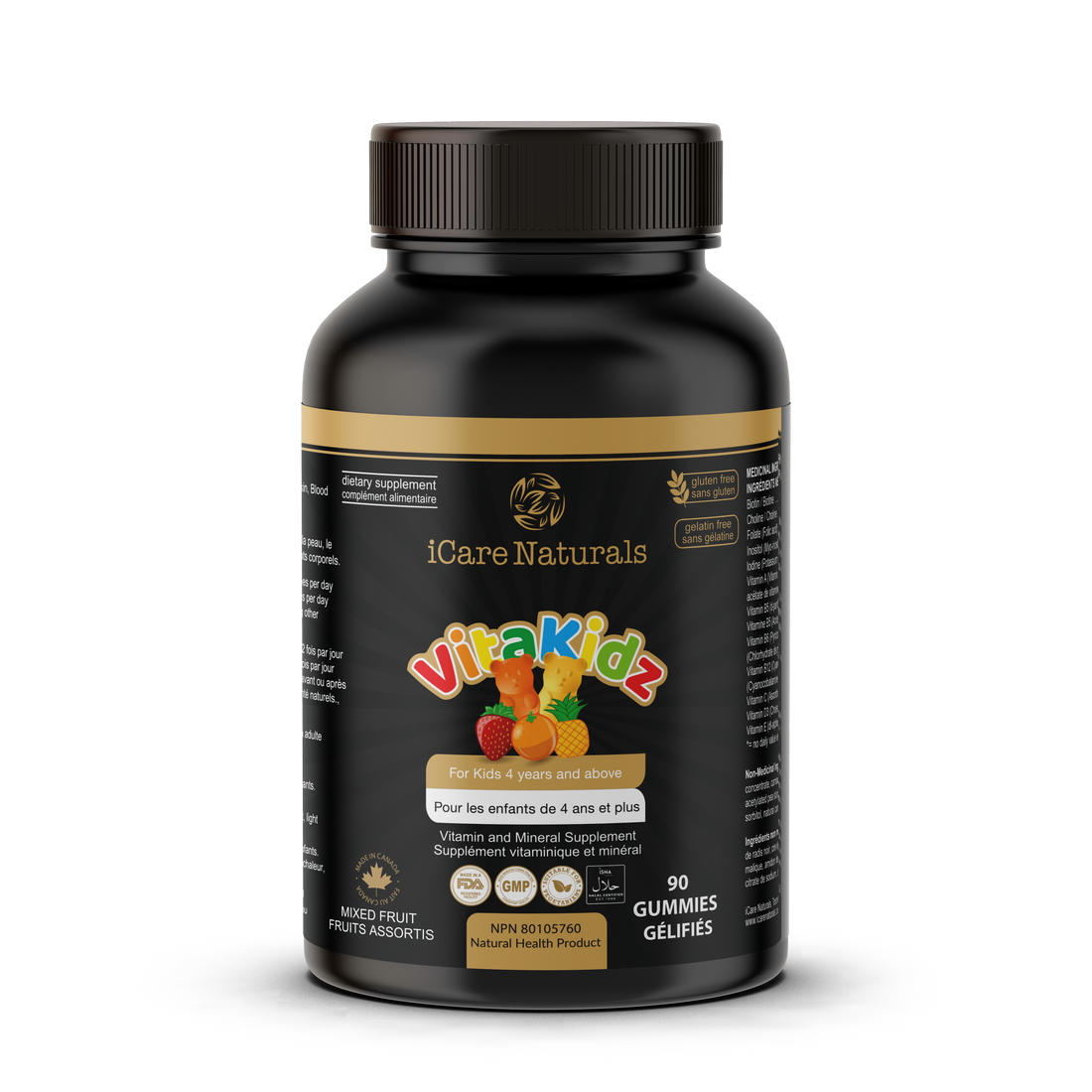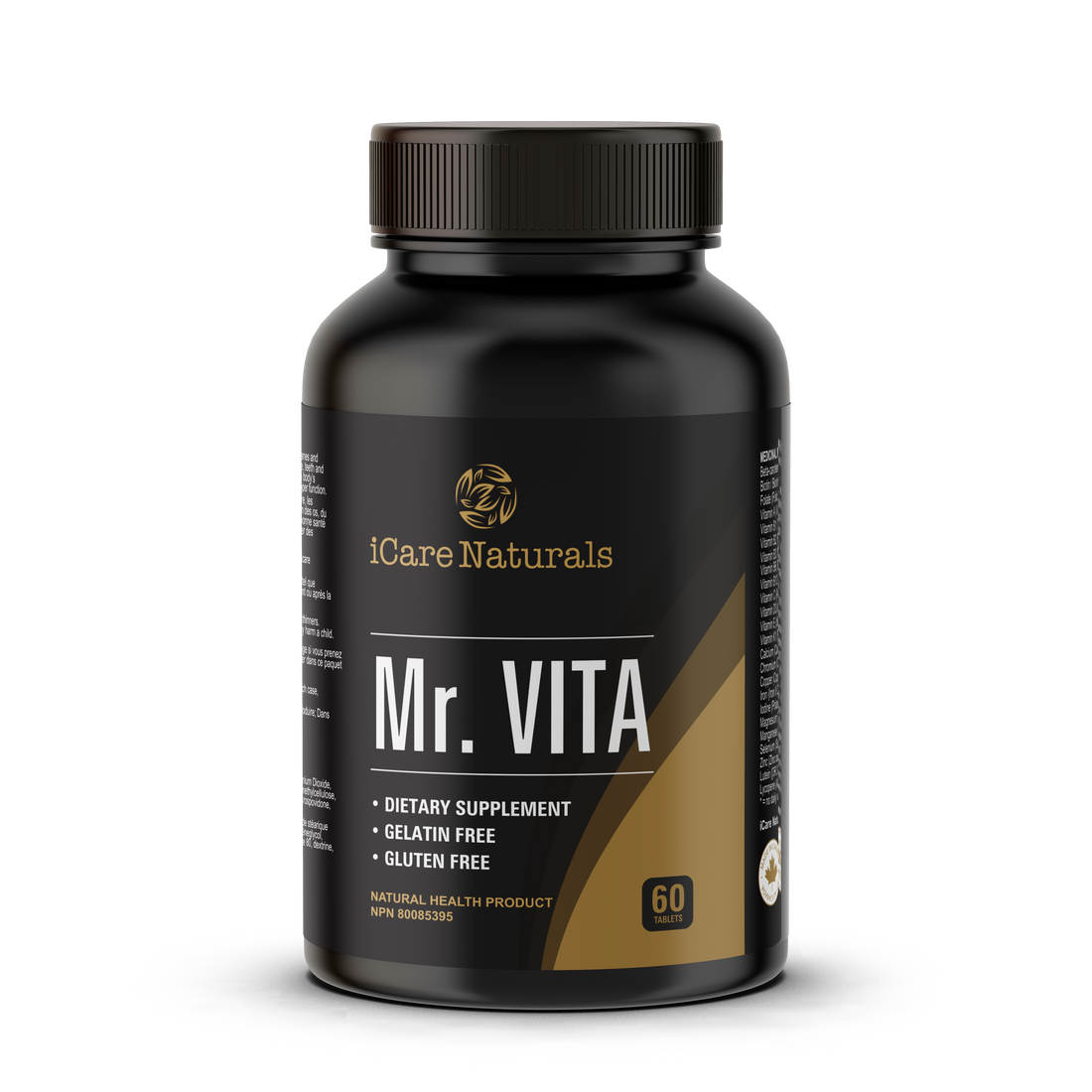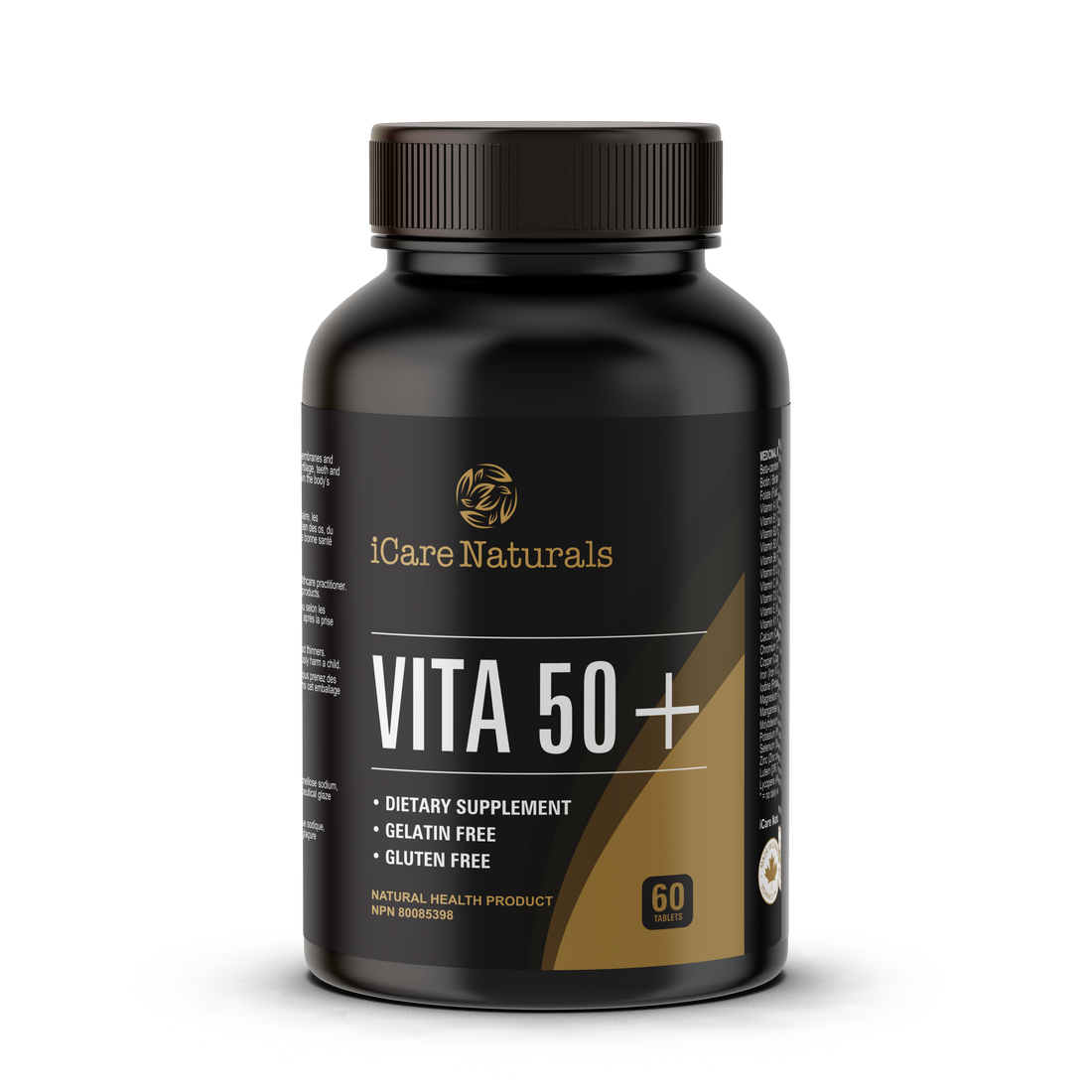Vitamin D is a fat-soluble vitamin that plays an important role in the maintenance of healthy bones. It also helps to regulate the amount of calcium and phosphate in your blood, which is necessary for strong bones. In addition to maintaining strong bones, vitamin D may help prevent osteoporosis and rickets in children. Moreover, studies have shown that a low level of vitamin D increases the risk for cancer and cardiovascular diseases (CVDs).
Here we want to introduce 5 major causes, symptoms, and treatments of Vitamin D deficiency:
1. Less Exposure to Sunlight
The best way to get vitamin D is by exposing your skin to sunlight. Unfortunately, this isn't an option for everyone—especially if you live in an area with little or no natural sunlight, or if you have dark skin that prevents your body from absorbing the UV rays. (People who are black, Asian, or Hispanic are at a higher risk of vitamin D deficiency.)
The solution? Get outside as much as possible and expose yourself to the sun for short periods of time each day. Just make sure not to go overboard: Spending too much time outside can cause damage to your skin and increase your risk of skin cancer.
2. Not enough vitamin D in your diet
Let's start by taking a look at how much vitamin D is in your diet. Most people get their daily recommended intake of vitamin D from fish, cheese, and yogurt. A serving of any of these foods will give you about half your daily requirement, but there are other ways to get your fill without eating them (we'll get to those later).
3. Absorption issues
You can get vitamin D from food and supplements, but for most people, the primary source is sunlight. While vitamin D is present in a limited number of foods (like fish, fish liver oils and fortified milk), it's also produced by your body after exposure to ultraviolet rays from the sun.
But not everyone absorbs this form of the nutrient equally well. Some people have trouble absorbing vitamin D from food while others may lack the bile necessary to break down fat in their digestive tracts — so these individuals might need supplemental forms of vitamin D instead.
If you've had your gallbladder removed, then you may have trouble absorbing fat-soluble vitamins like A, E, and K—and that includes D as well.
4. Skin tone
- Skin tone is not a reliable indicator of vitamin D deficiency
- While it's true that people with lighter skin tones are more likely to have lower vitamin D levels, that doesn't mean they will most definitely have a deficiency
- While people with darker skin tones may be less likely to develop the condition, that doesn't mean they can't be affected
5. Not being active enough outside
The best way to get vitamin D is from exposure to sunlight. In fact, it's estimated that 95% of your body's vitamin D comes from the sun. Since you can only absorb so much without getting sunburned, you need time in the sun every day if you want to maintain healthy levels of this vitamin.
However, there are some people who are unable to get enough sun exposure for various reasons:
- They have fair skin and burn easily (like redheads)
- They live in areas where there isn't a lot of sunshine year-round (such as North) or they spend most of their time indoors at work/school or home during the day. If this describes you, then you may need extra help getting enough vitamin D by taking supplements or eating foods fortified with extra nutrients such as milk products and cereals.
Ways to combat Vitamin D deficiency
Vitamin D is actually produced in the body when you're exposed to sunlight. If you live in a northern climate, you may not get enough sunlight to make enough vitamin D naturally. You can also get vitamin D from food and supplements if your diet isn't providing enough of this essential nutrient. Some foods are fortified with vitamin D, which means they're packed with extra nutrients that help our bodies function properly. There's also a large selection of multivitamins available on icare naturals website that contain high levels of vitamins and minerals like calcium, magnesium and potassium—which are all important for maintaining good health!
Key takeaway
Vitamin D deficiency is a problem in many parts of the world, but there are ways to combat it. Sunlight exposure is the best way to get vitamin D, but it's not always possible to get enough sun exposure. In that case, supplements are a good option. If you have a diagnosed deficiency, talk with your doctor about taking supplemental vitamin D and increasing your exposure to sunlight if possible. That’s all for now! If you are concerned about your vitamin D levels, talk to your doctor.
Disclaimer: The content in this article is solely for informational purposes and is not intended to be medical advice. You should speak with your Physician or other qualified healthcare service provider before use of any medication. Always read and follow the label










